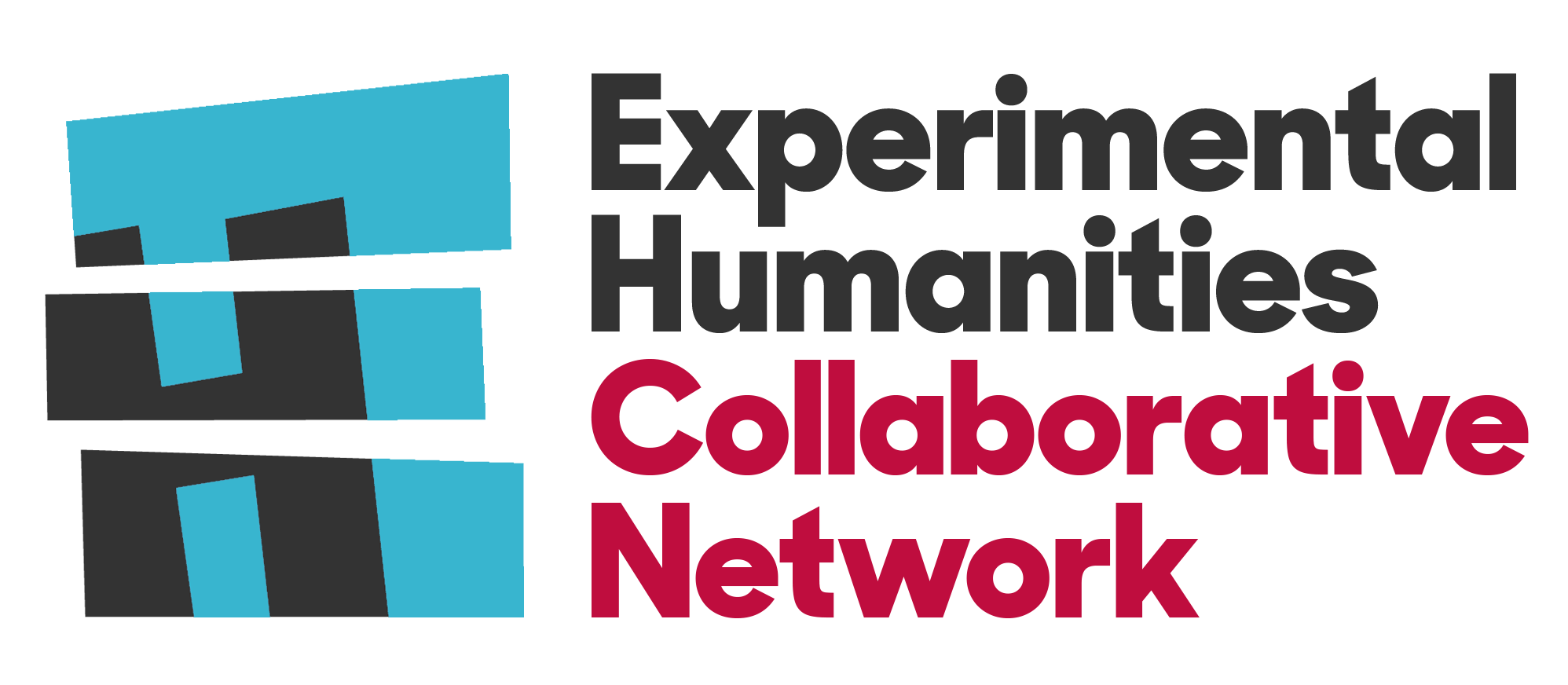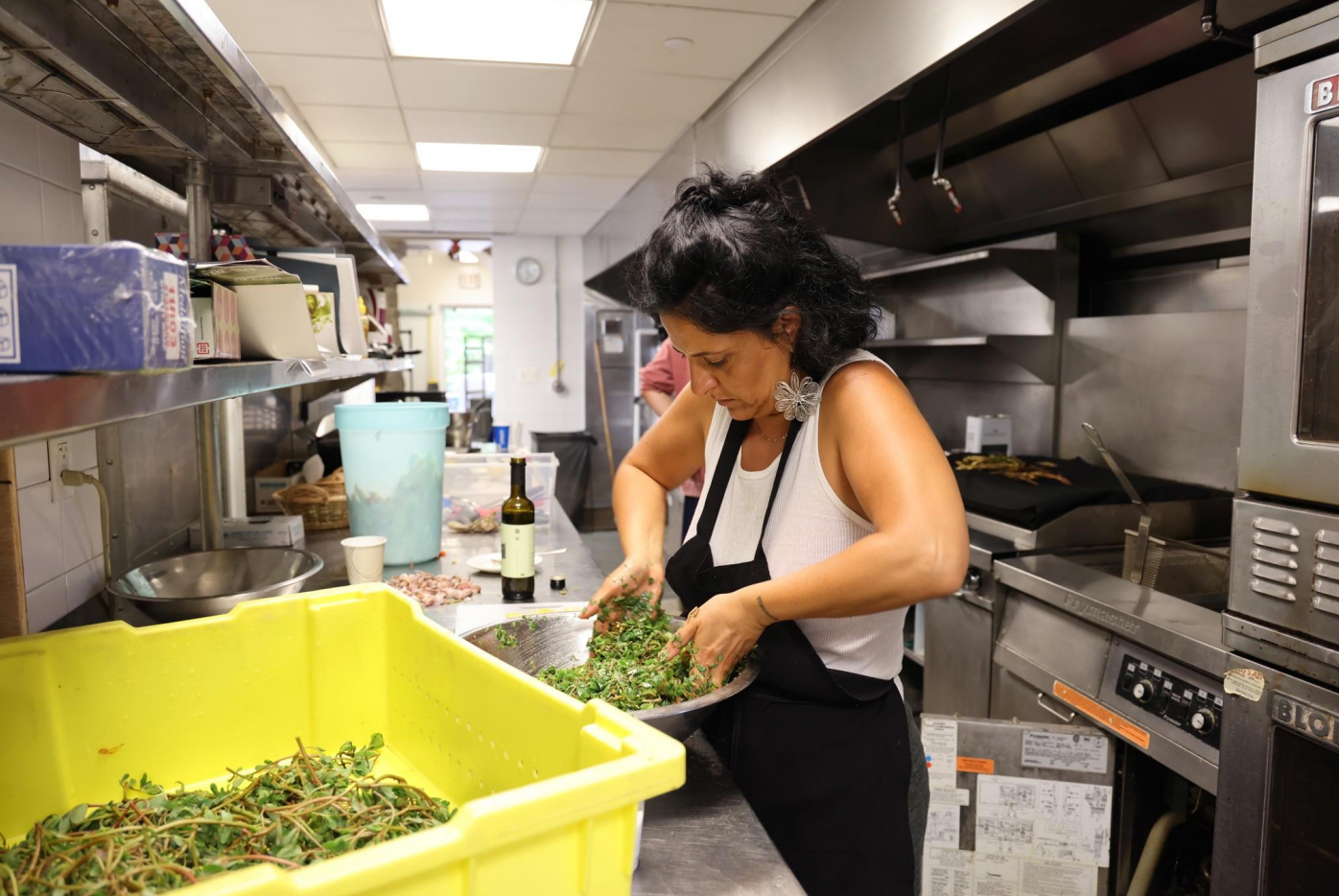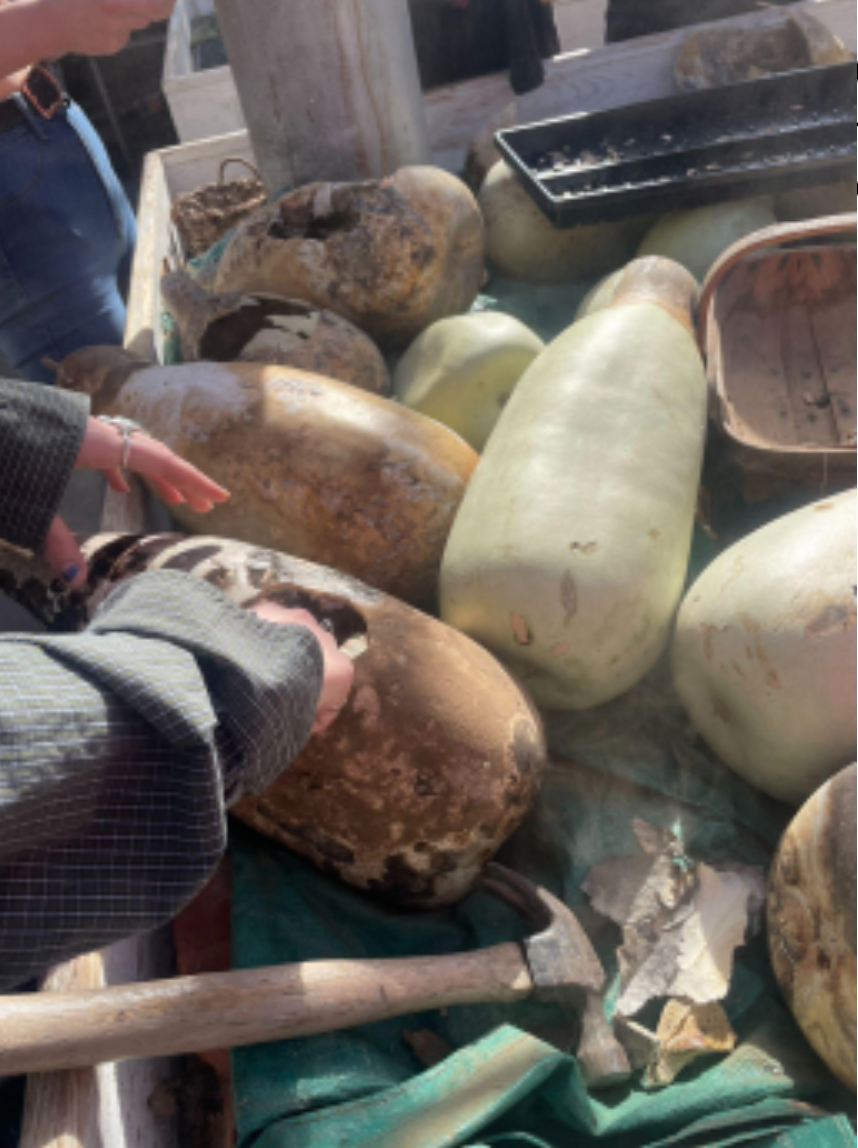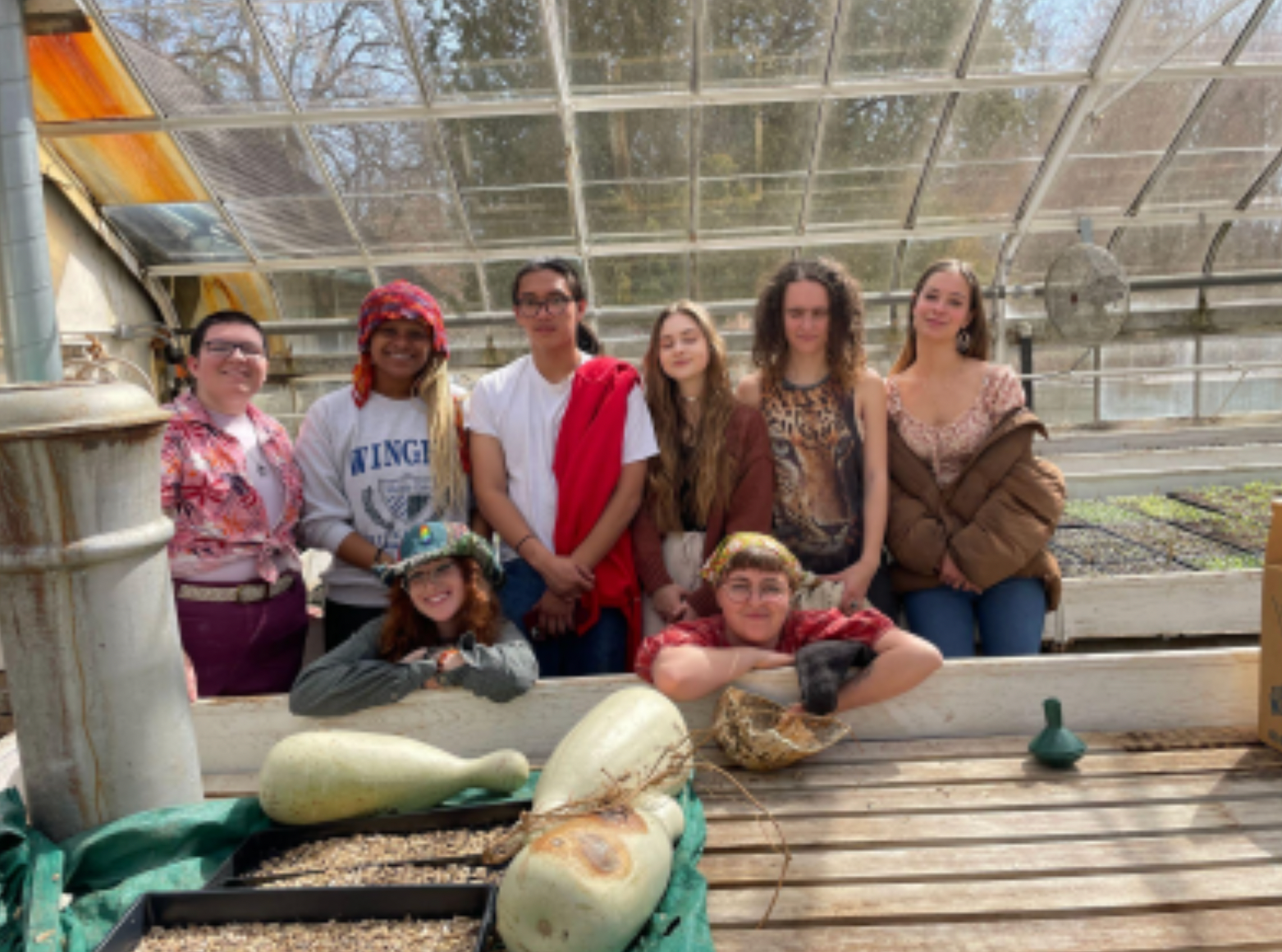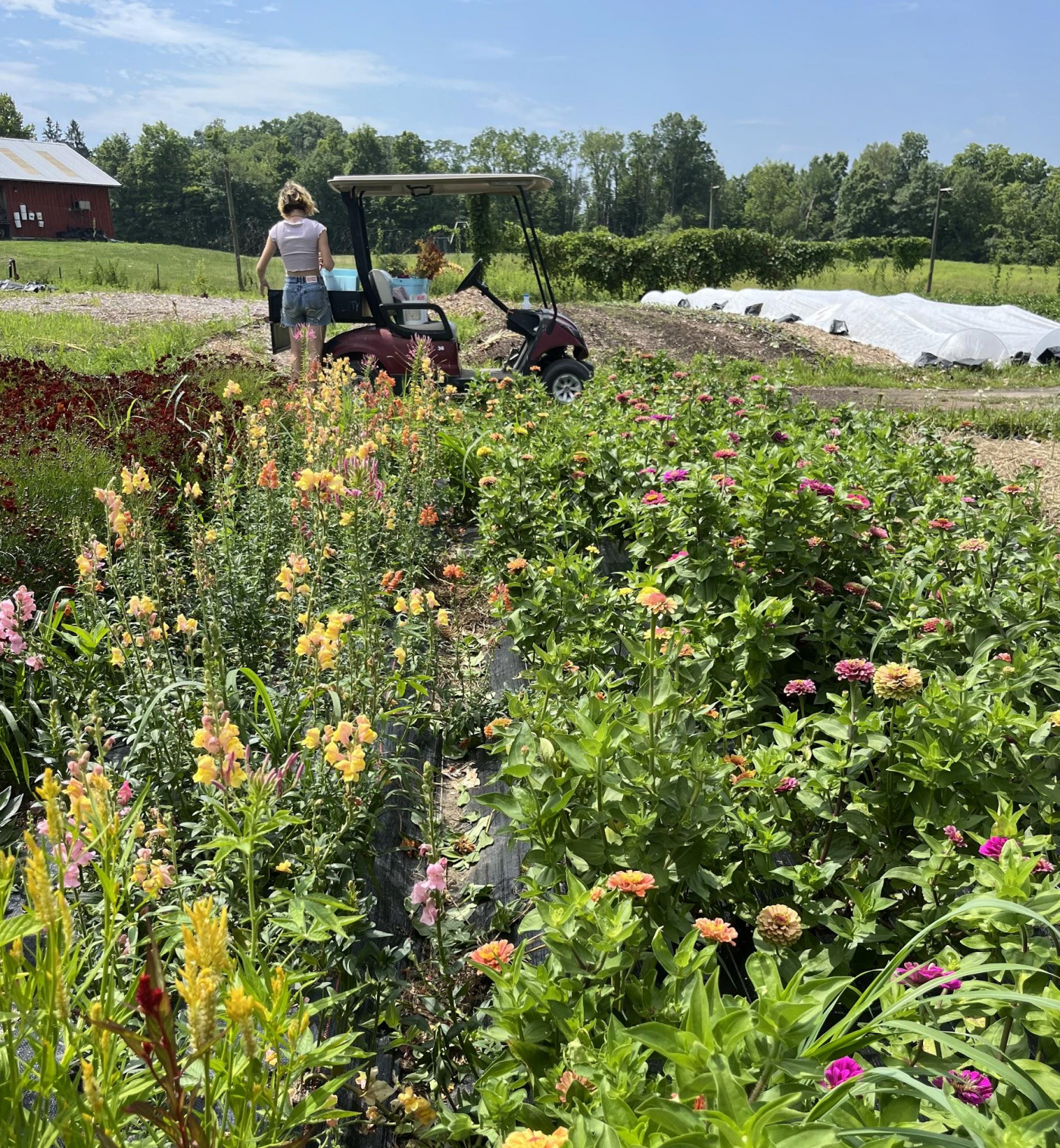Welcome to The Experimental Humanities Collaborative Network
The Belly is a Garden
An OSUN Network Collaborative Course taught by EXPERIMENTAL HUMANITIES COLLABORATIVE NETWORK (EHCN) DISTINGUISHED ARTISTIC FELLOW Vivien Sansour is an artist, researcher, and writer. Vivien uses installations, images, sketches, film, soil, seeds, and plants to enliven old cultural tales in contemporary presentations and to advocate for seed conservation and the protection of agrobiodiversity as a cultural/political act. Vivien founded the Palestine Heirloom Seed Library as part of this work with local farmers and has been showcased internationally, including at the Chicago Architecture Biennale, Victoria and Albert Museum in London, Dutch Design Week in Eindhoven, Berlinale, Istanbul Biennale, Fotoindustria, and the Venice Art Biennale. Vivien works to bring threatened varieties “back to the dinner table to become part of our living culture rather than a relic of the past.” This work has led her to collaborate with award-winning chefs, including Anthony Bourdain and Sammi Tamimi. A former Harvard University Fellow, Vivien is currently teaching at Bard College in the Experimental Humanities department where she is developing a course on human and nature design in the Hudson Valley entitled, “The Belly is A Garden”- El Batin Bustan 2022-2023.Vivien Sansour
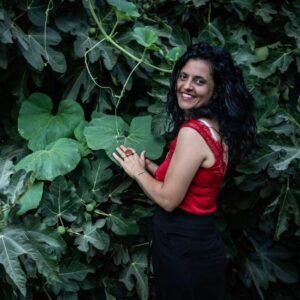
Teacher’s Assistant: Melina Roise
Inspired by the Palestinian saying El Batin Bustan (The Belly is a Garden) this course explores bio-cultural diversity and the question of being of the earth and part of its diverse terrains. Fundamental questions we will explore are: How can biodiversity and human diversity be paths to wellbeing? How can humans understand themselves as nature’s co-creators? This course is designed as an experiential journey using multiple forms, including original texts, discussion, guided fieldwork directed by faculty, nature walks, in class writing exercises, and group workshops. Students will work in consultation with the professor on individual self-directed projects throughout the semester. These projects will be presented at the end of semester to the combined class of AQB and Annandale. The projects will all require some form of field research such as conducting interviews, gathering site related natural material for possible installations, photography, oral histories, film, among others including performance art. Students will engage in hands-on, outdoor activities such as cooking, planting, and possibly seed or crop harvesting with discussions of key texts grounding our interdisciplinary investigation. In an attempt to deconstruct colonial forms of being we will be exploring ourselves as living beings navigating a global landscape that is both in crisis and in constant transformation. How do we relate to the soil beneath our feet? How are we informed by other living beings in our surroundings? Between the question of settler and Indigenous how can we better understand ourselves, and our place in the world, while engaging in collaborative designs of new possible futures? As an OSUN Network Course, students will have the opportunity to participate in shared online events and conversations with students at Al-Quds Bard College, Palestine but the majority of the semester will be in-person on Bard’s Annandale Campus.
